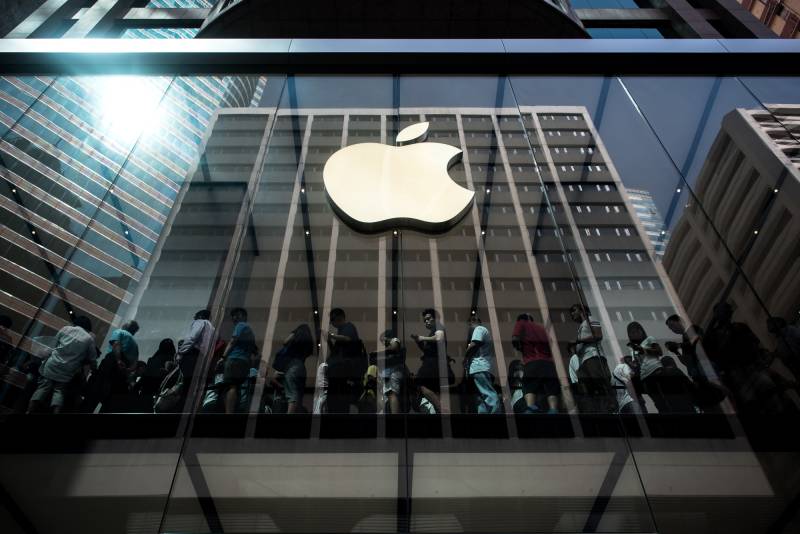
The European Union has charged Apple with failing to comply with the anti-steering provisions of the newly instituted Digital Markets Act (DMA), a law that seeks to rein in the power of the large technology and platform firms. The EU’s complaint alleges that the Apple App Store restricts application developers from directing consumers to alternate platforms for making purchases.
Unveiled on Monday, June 24, the charges against the tech giant are the first under the Digital Markets Act, which seeks to improve competition in digital advertising, online search and application ecosystems.
If EU regulators decide that Apple is in violation of the DMA, the company could be fined as much as 10% of its annual worldwide revenue.
The new charges follow a $2 billion antitrust fine levied by the EU’s European Commission for using its dominant position in the market to put in place unfair rules for developers of music streaming applications.
Across the Atlantic, the US Department of Justice is separately suing Apple for using anticompetitive practices in the smartphone market. The DOJ's complaint under the Sherman Act alleges that Apple illegally maintains a monopoly along its entire product line by selectively imposing contractual restrictions on its platforms, and withholding critical access points from developers.
The charges against Apple are being called preliminary findings, and follow an investigation that the bloc opened into Apple’s App Store earlier in March.
The charges allege that the App Store does not allow developers to provide accurate pricing information, or to provide customers with information about alternatives outside of the App Store. Moreover, the complaint alleges that Apple restricts developers’ apps when they provide links in the App Store that redirect to an outside webpage.
Apple responded by claiming that “we are confident our plan complies with the law, and estimate more than 99% of developers would pay the same or less in fees to Apple under the new business terms we created.”
